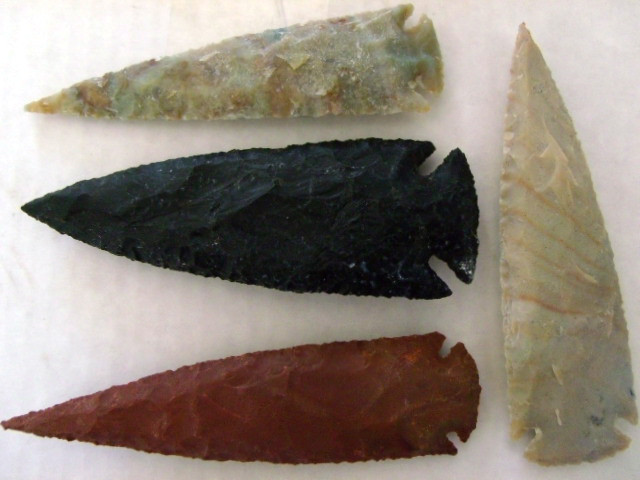FWP:
SETS == INEXPRESSIBILITY
ARCHERY: {6,2
GAZE: {10,12} }
JALVAH: {7,4}
For background see S. R. Faruqi's choices. This verse is NOT one of his choices; I thought it was interesting and have added it myself. For more on Ghalib's unpublished verses, see the discussion in {4,8x}.
The bud is a small tight compressed little object, more or less triangular when seen from the side; and in it is latent the whole of the wide, round, brilliantly red, fully opened rose. Not only might it appropriately appear as an 'omen of the gaze' to evoke the rose itself, but it also itself creates or gives birth to the rose.
Almost the same relationship obtains for the arrowhead and the wound. The arrowhead has not only 'revealed' the wound by divination, but has also literally 'opened', and thus created, the wound. And as always, jalvah means both 'appearance' and 'glory, radiance', so that the verse can take full advantage of both senses.
When both the rose and the wound are so beautiful and (to
the lover) desirable, why is their divination a 'disaster' or 'calamity'?
Perhaps because the lover is taking refuge in the inexpressibility trope ('don't
ask!'), and is thus using language his ordinary, limited listener can understand.
But aafat may also be colloquially used here the way
'Doomsday' is sometimes used-- to mean, by extension, anything amazing, compelling,
extremely powerful. (For 'Doomsday' examples, see {10,11}.)

Asi:
Don't ask anything about the disaster of our omen of sight/vision. As soon as we looked toward your arrowhead, we began to fear that we would be wounded, because like the rosebud, through your arrowhead too the glory/appearance of a wound was being revealed/opened. Or else: the way that disaster came upon bud and rose through an omen of sight/vision, in the same way we too fear that we might be wounded.
== Asi, p. 63